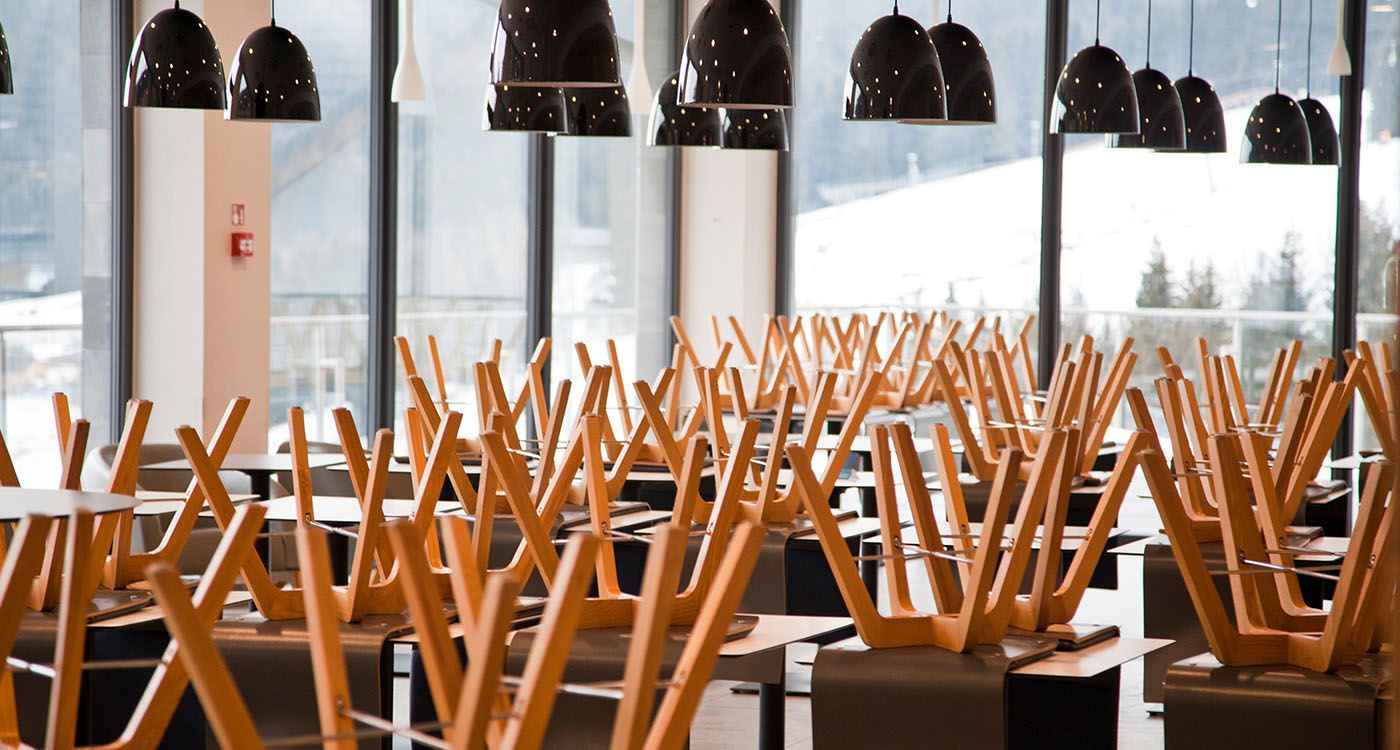
The restaurant sector had been struggling to recover from multidimensional crises — the 2019 revolution, COVID-19, and the port explosion — only for the war to devastate what remained of tourism and hospitality. What was once a hub of activity, prosperity, expansion, and investment is now facing decline, fear, and closures.
Since the southern Lebanese front was opened in support of Gaza in October 2023, the restaurant industry has experienced a dramatic decline. During lunchtime, restaurants are nearly empty in Downtown Beirut.
Samir Yaacoub, a restaurant chain owner in Lebanon, told our sister company “Houna Loubnan” that business varies greatly from one area to another, with restaurants now focused on survival amid increasing losses incurred from the war. He went on to say that branches sustaining losses often rely on profits from other locations to remain operational.
“If the war continues, I will close my doors,” Yaacoub concluded.
Before 2019, approximately 160,000 Lebanese workers were registered by restaurants under social security, along with about 45,000 seasonal employees, mostly university students.
Tony Ramy, President of the Syndicate of Restaurants, Cafés, Nightclubs, and Pastries Owners in Lebanon, reports a staggering 90% decline in the sector’s activity, with a complete halt of operations in heavily targeted areas and about a 70% drop in others. Ramy revealed that hundreds of restaurants have closed, either permanently or temporarily, especially in Beirut Downtown. He warned that this situation poses significant risks to the survival of many establishments, particularly new investments. Ramy also cautioned about a potential wave of migration among restaurant workers to other countries, which he described as the final blow to the sector.
Lebanon’s restaurant sector attracts one of the country’s largest investments and figures among primary sources of State revenue.
Khaled Nazha, Vice President of the Syndicate of Restaurants, Cafés, Nightclubs, and Pastries Owners, observed that while restaurant activity has picked up slightly in relatively secure areas like Keserwan, Jbeil, Batroun, and the mountains due to population shifts, this amelioration is modest and insufficient to sustain the sector. In areas such as Hamra, Raouche, Saifi, and Downtown Beirut, business has nearly vanished. Restaurants that once thrived on profit are now solely focused on survival, hoping for a ceasefire to restore stability and security.
Nazha emphasized the syndicate’s commitment to supporting the industry, preventing closures, and fostering resilience amidst this situation. However, he warned that if the conflict continues, the capacity to bear these losses will ultimately reach its limits.
For decades, Lebanese restaurants have launched locally before expanding to the Arab world and beyond, presenting a positive image of Lebanon, untouched by war and hardship.
They embody Lebanon’s renowned hospitality, rich culinary heritage, and exceptional service — qualities now on the verge of collapse. Yet, the government appears indifferent to this vital sector, seemingly prioritizing foreign aid over investing in its own resources.
Comments